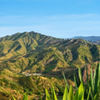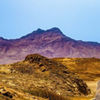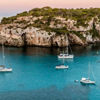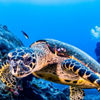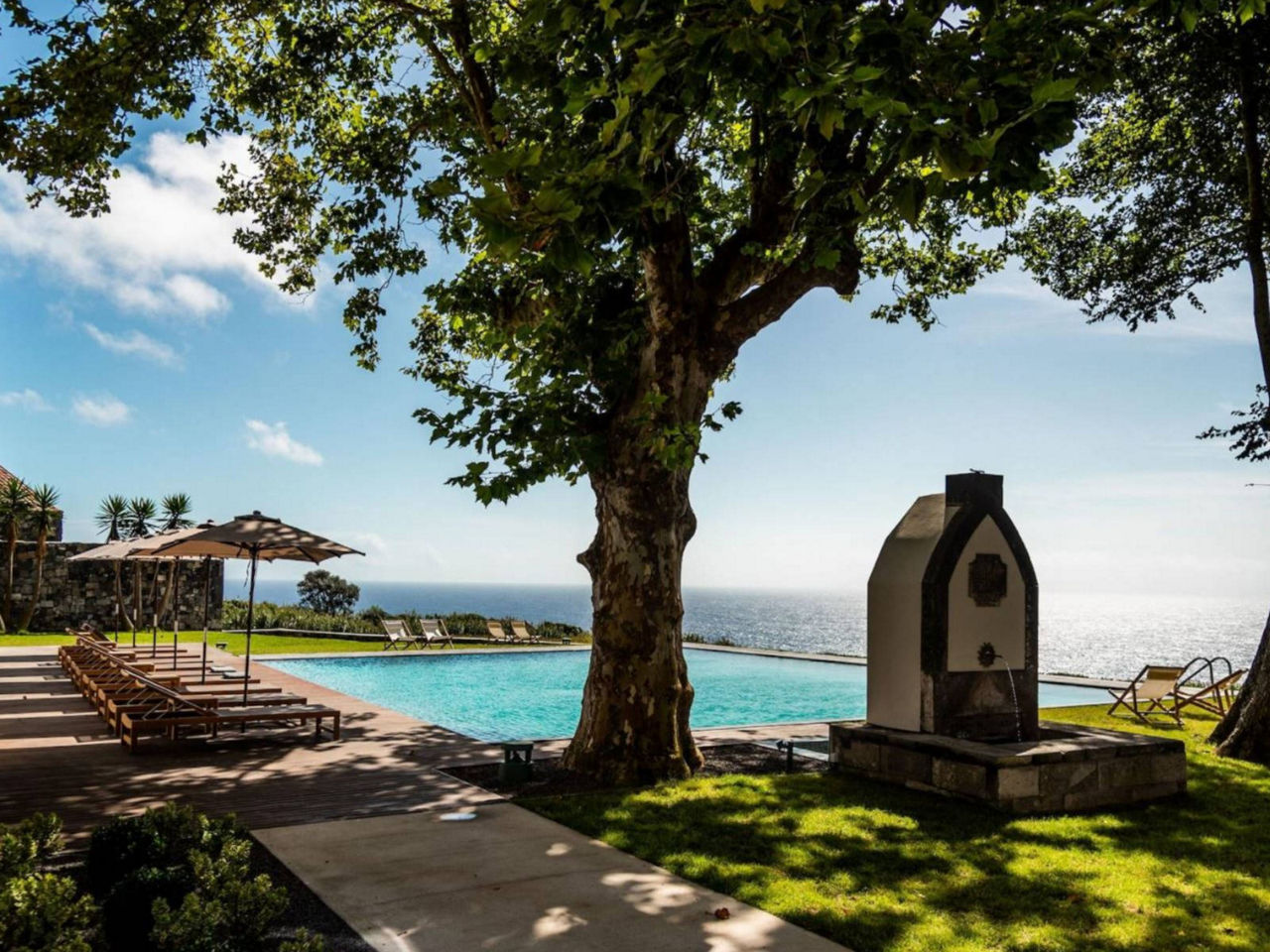
Wonderful Water World: Whale Watching off Terceira


Whale watching from Terceira
The sun is reflected on the sea, and beyond it is an almost endless horizon, against which the silhouette of a whale suddenly emerges – this dreamlike vision can become a reality on Terceira. The Azores are one of the best places in the world to experience a variety of marine animals up close. 30 species of whales and dolphins live around the Azores or regularly pass the island archipelago. The underwater landscapes have a variety of coral and rocks, as well as being inhabited by sea turtles.

Responsible whale watching
Reputable providers are committed to protecting marine animals and adopt environmentally-friendly practices. When choosing a tour, it is therefore important to make sure that it will be led by experienced guides who know the animals. The whales must not be disturbed and must have sufficient space. Therefore, choose tours that are guaranteed to maintain a minimum distance of 50 metres from the animals and avoid noise. Feeding and swimming with whales are also not permitted.


In the footsteps of ocean giants
The best time to see whales and dolphins in their natural habitat is from April to November. From Angra do Heroísmo, there are numerous whale and dolphin watching tours. We recommend Ocean Emotion, an organisation committed to sustainable and responsible interaction with the animals. Their tours take at least 2.5 hours. They are led by experienced guides who look out over the sea from high points of the island and take the boats to the marine animals. If no animals are spotted on a trip, another tour will be offered free of charge.


Swimming with dolphins
Swimming with dolphins in the open ocean is an unforgettable experience. It offers the rare opportunity to observe the animals in their natural habitat and also to experience them up close. Guided tours often start from the harbour of the capital Angra do Heroísmo, and experienced guides ensure that the experience remains safe and respectful of the animals. The dolphins must not feel like they are being pursued and they should always be given enough free space. The noise must be as low as possible when approaching the animals. This also means that guests must learn how to gently slide protective equipment into the sea so as not to frighten the dolphins.

Armoured favourites: Turtles
In the warm months, Terceira is a popular spot for watching turtles. They are located in the reefs along the coast and are often seen on diving and snorkelling trips. You can find them by boat more easily than you can near land, for example at Banco Dom João de Castro, halfway between Terceira and São Miguel and just under two hours away from Praia da Vitória harbour. The active underwater volcano is a popular diving site and is known for its hydrothermal springs.


Terceira diving paradise
From underwater caves and volcanic reefs to coral reefs, the underwater world around Terceira has plenty to offer. A diving mask, flippers and a snorkel are all you need to explore the island’s shallow underwater wonders. Especially worth seeing is the “Lidador”, a shipwreck that is part of an archaeological underwater park in the bay off Angra do Heroísmo. This is also the location of the “Cemetery of Anchors”: beneath the sea surface, there are more than 40 large anchors of ships that have fallen into distress at sea.


Fradinhos – little underwater wonders
Around five nautical miles from the Port of Pipa, south-east of Terceira, are the Fradinhos. A short boat tour takes you to the group of small islands. They form the tip of an underwater volcanic cone. The volcanic rock formations below can only be discovered by diving. Large shoals of yellowbelly damselfish swim past the rocks, and in isolated cases, you can also encounter manta rays and sea turtles


There is life away from the coast
Even with all your love of diving, dolphins and whales, do you sometimes find you’ve just had enough of the water? If so, you can immerse yourself in the traditional wildlife above sea level instead. On a guided tour, you will not only experience the island’s most important sights, but also get to know its many small farms – and you can milk a cow and taste the freshest milk. Finally, there is a traditional Azorean lunch made from local ingredients.
Header - Photo by SuperWave on Adobe Stock
Paragraph 1 - Photo by David Granville on Adobe Stock
Paragraph 1 - Photo by carstenbrandt on Getty Images
Paragraph 2 - Photo by Wild_and_free_naturephoto on Shutterstock
Paragraph 3 - Photo by wildestanimal on Getty Images
Paragraph 3 - Photo by ap-photo on Alamy Stock Photo
Paragraph 4 - Photo by artifirsov on Adobe Stock
Paragraph 4 - Photo by Andrea Izzotti on Adobe Stock
Paragraph 5 - Photo by Kertu on Adobe Stock
Paragraph 6 - Photo by frantisek hojdysz on Adobe Stock
Paragraph 6 - Photo by dlearyous photography on Shutterstock
Paragraph 7 - Photo by Gerard Soury on Getty Images
Paragraph 7 - Photo by Richard Carey on Adobe Stock
Paragraph 8 - Photo by lolya1988 on Adobe Stock
Paragraph 8 - Photo by ANADEL on Adobe Stock

